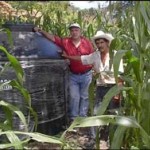
For many years, twenty-six-year-old José Santos Pérez practiced slash and burn agriculture on his farm in Mapulaca, Lempira in Honduras – depleting his land and producing less each time.
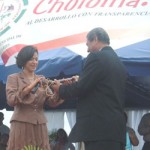
During the 2005 to 2006 electoral cycles, USAID implemented an electoral transition program for 31 pre-selected municipalities in Honduras that had previously demonstrated political will and a commitment to municipal development. The three-part program incorporated civil society oversight into every aspect of the program in order to improve the accountability and transparency of the transition process between outgoing and incoming administrations.
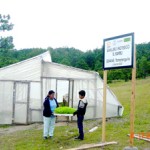
Sabina Vasquez remembers that as a child, the only food in her home was a piece of tortilla, a pinch of salt, and a few beans to mitigate her hunger. Sabina is now a middle-aged woman, mother of three children, and housewife. She is also treasurer of a local community bank and a recognized leader.
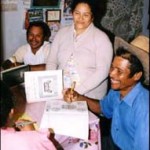
Rumilda Torres was concerned about the harsh economic conditions in her hometown of Cabañas, located in the mountainous region of Copán. Many children were forced to abandon school to go to work, and Rumilda decided to do something about it.
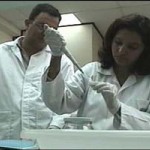
Only until recently, the Forensic Medicine Directorate of the Government of Honduras’ Public Ministry was so poorly equipped that it provided almost no assistance to prosecutors. Other than providing the type of blood of the accused and the defendant, there was very little else the lab findings could be used as evidence.








Comment
Make a general inquiry or suggest an improvement.